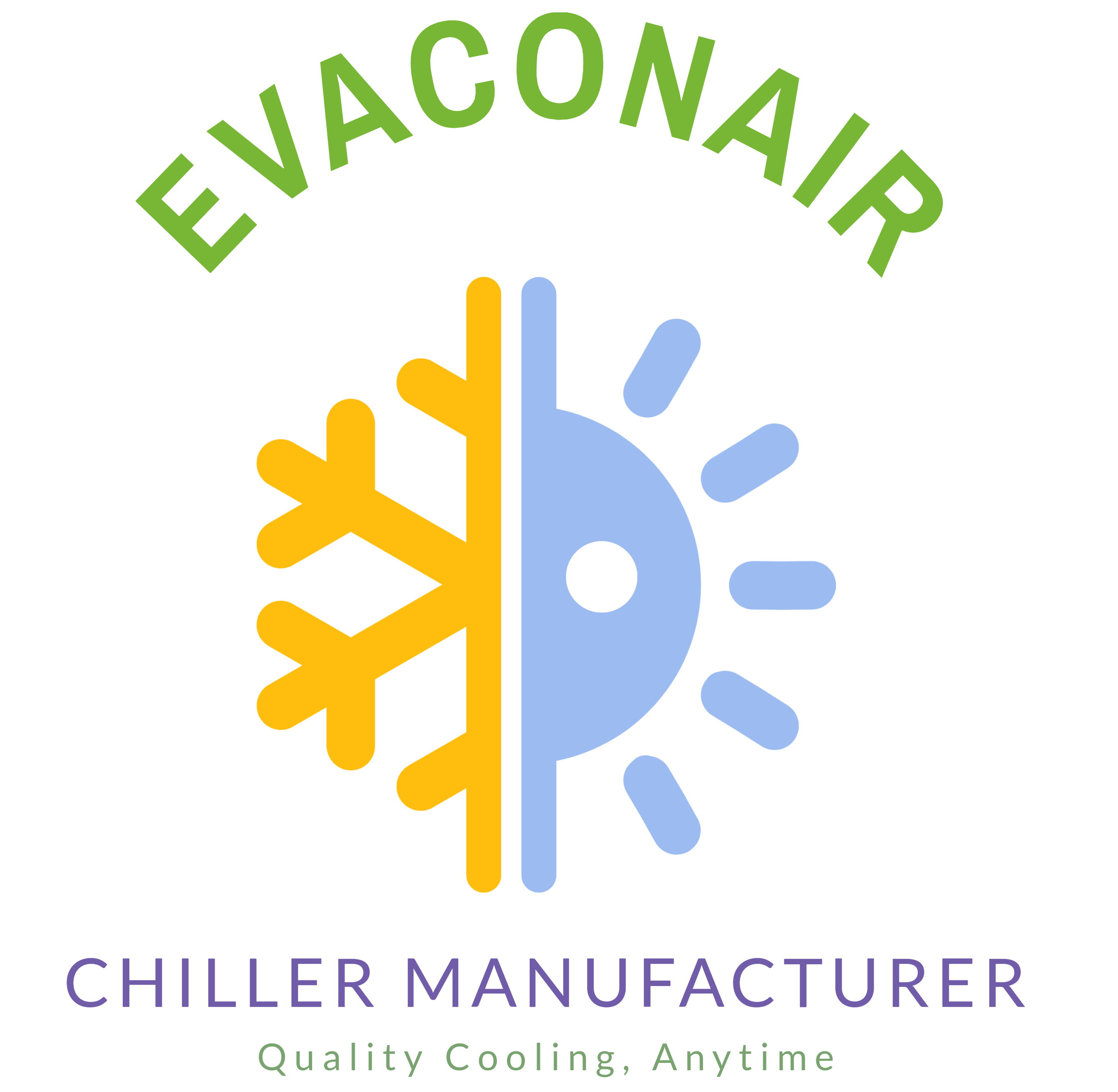Blog
What is an HVAC System in Industry?
An HVAC system in an industrial setting is a complex network designed to manage heating, ventilation, and air conditioning to maintain optimal environmental conditions for both equipment and personnel. It plays a crucial role in ensuring efficient operations, safety, and comfort within industrial facilities.
Key Components of an Industrial HVAC System
1. Heating Systems
Heating systems in industrial HVAC setups include equipment such as boilers, heat exchangers, and industrial heaters. These systems are essential for maintaining appropriate temperatures in manufacturing processes, warehouses, and other industrial spaces during colder months.
2. Ventilation Systems
Ventilation systems are designed to ensure proper airflow and air quality within industrial environments. This includes exhaust fans, ductwork, and air handling units that remove contaminants, control humidity, and provide fresh air to indoor spaces.
3. Air Conditioning Systems
Air conditioning systems are used to cool and dehumidify indoor air, which is crucial for maintaining comfortable working conditions and protecting sensitive equipment from overheating. This includes chillers, air handlers, and cooling towers.
Importance of HVAC in Industry
1. Temperature Control
Industrial HVAC systems are vital for precise temperature control in environments where temperature fluctuations can affect product quality and equipment performance. Maintaining a stable temperature ensures efficient operations and product consistency.
2. Air Quality Management
Managing air quality is crucial in industrial settings to ensure a healthy work environment and prevent issues related to poor air quality, such as respiratory problems and decreased productivity. Effective ventilation and filtration systems are key components.
3. Energy Efficiency
Energy efficiency is a major focus in industrial HVAC systems to reduce operating costs and environmental impact. Advanced HVAC systems use energy-efficient equipment, control systems, and automation to optimize energy use and minimize waste.
4. Process Control
In industries where specific environmental conditions are required for processes, such as pharmaceuticals or food production, HVAC systems play a critical role in maintaining these conditions. This ensures compliance with industry standards and regulations.
5. Safety
Industrial HVAC systems contribute to safety by controlling temperature and humidity levels, which can affect the performance of machinery and reduce the risk of accidents. Proper ventilation also helps in the removal of harmful fumes and gases.
6. Regulatory Compliance
Compliance with industry regulations and standards is essential for industrial HVAC systems. This includes adhering to environmental regulations, safety standards, and efficiency guidelines to ensure legal operation and avoid penalties.
Summary
An HVAC system in an industrial setting is a critical infrastructure component designed to manage heating, ventilation, and air conditioning to support efficient operations, ensure safety, and maintain optimal conditions for both equipment and personnel.
